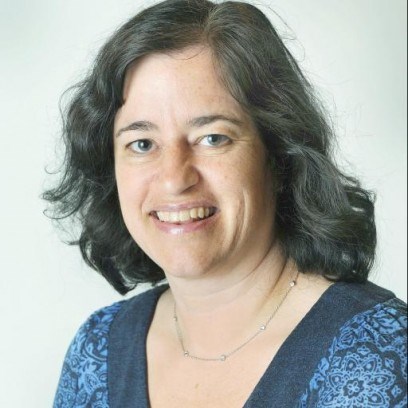Get ready for a shock this weekend: It’s time to change the clocks and “fall back” once again.
That means that very soon, it will be getting dark at 4:30 in the afternoon. It also means a week of mixed-up sleep schedules and that wonky feeling that something isn’t quite right.
If it were up to me, this would be the last time we “fall back” in B.C. We would “spring forward” once again next March and then stay on summer time forever.
It’s not a completely ridiculous idea; Saskatchewan, Hawaii and Arizona already stick to one time zone all year round.
The Union of BC Municipalities passed a motion in September to petition the government to consult with the people about abolishing the time change. The motion says the clock shift can have a “negative impact on people’s health and cognitive awareness.”
Two Kamloops residents got more than 26,000 names on a petition to end the time change practice in 2015 and Alberta recently considered a similar move after more than 20,000 Albertans wrote letters in support of getting rid of the time changes, the CBC reported. One reason listed for not pursuing the change in Alberta was that if it passed, the province would be out of sync with other jurisdictions, such as B.C.
At the same time, more than 128,000 people in the United States have signed a petition urging the American government to end the practice of changing the clocks and moving the United States to only two time zones. More than a dozen U.S. states are considering ending the twice-yearly practice of changing the clocks, the Washington Post reported.
Why should we stop changing the clocks?
First, nobody feels good after we “spring forward” or “fall back.” Everyone is tired and cranky and takes a few days to adjust. Second, studies have shown an increase in both heart attacks and car accidents in the days following the spring time change.
The winter months are dark enough. Why do we want it to be dark at 4:30 p.m.? Think how nice it would be if it was light out until 5:30 p.m. every day. I know that means it will be darker in the morning but, let’s face it, in the morning we’re either going to work or school, or, if that’s not necessary, we’re happy to sleep in.
What about children? Many kids no longer walk to school, although it’s certainly an ideal to strive for. But if school children walking to school in the dark is really the primary concern, I see no issue in moving school start times to half an hour or an hour later for the months of November, December, January and February. To me, that makes a heck of a lot more sense than changing everyone’s clocks for an hour each winter.
The clock switch first came into effect in March 1918 — exactly 100 years from when it needs to end. It was brought in to save fuel during the First World War. People hated it, though, and it was phased out again until the Second World War. It wasn’t uniformly used across North America until the 1960s, so it hasn’t been around forever. Let’s get rid of it. In 2006 in B.C., the period of standard time was shortened by nearly two months. Having fewer months on the dreaded standard time was considered a major improvement so let’s take that one step further and get rid of it all together.
Why daylight time? Well, who doesn’t love those beautiful summer evenings when it’s light until nearly 10 p.m. Everyone’s in a good mood, energy runs high, life is good. Who would want to give that up?
Premier John Horgan reportedly told delegates at the UBCM convention that if people want to get rid of the time changes, they should email him. Those who agree with me should shoot an email to [email protected].
Tracy Sherlock writes about education and social issues for the Vancouver Courier • [email protected]



